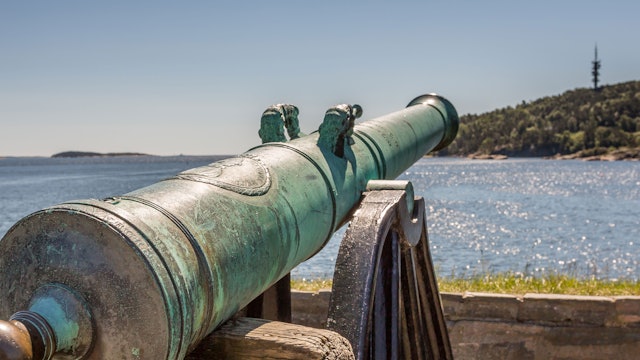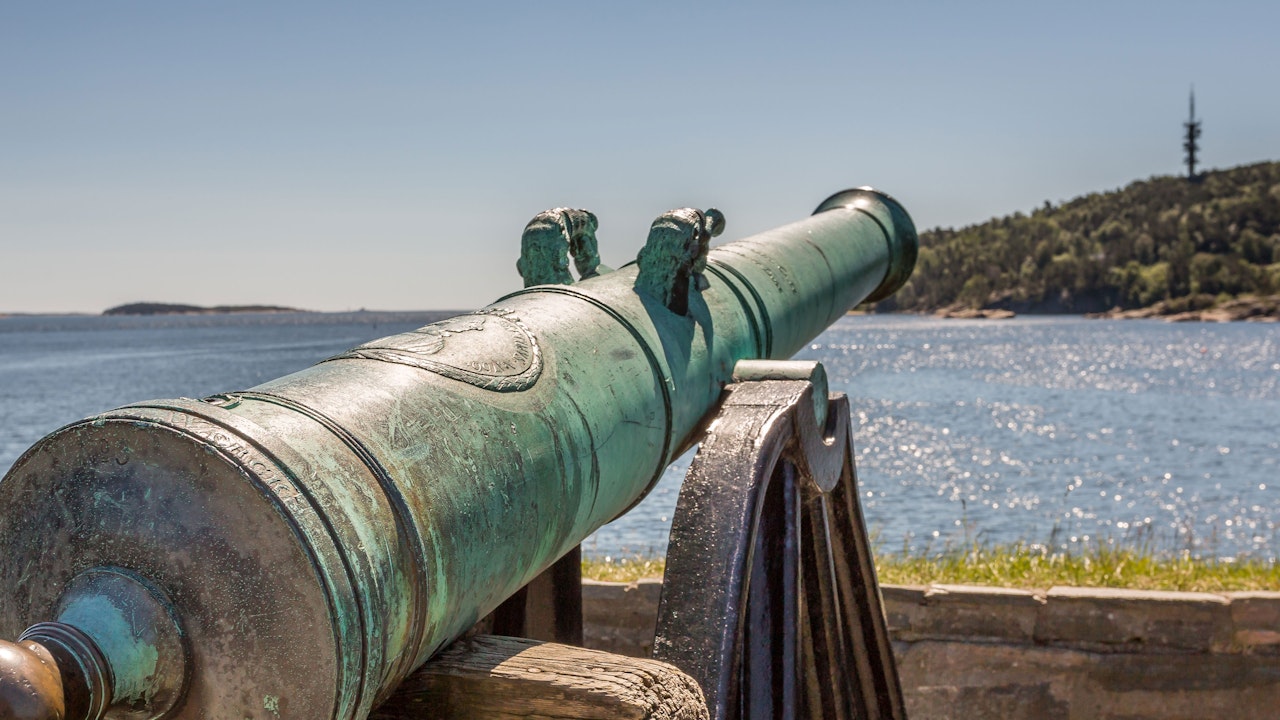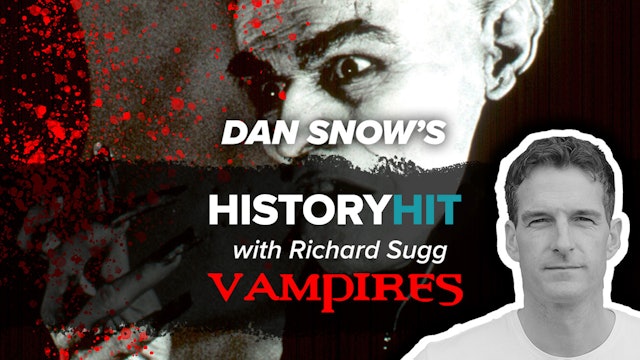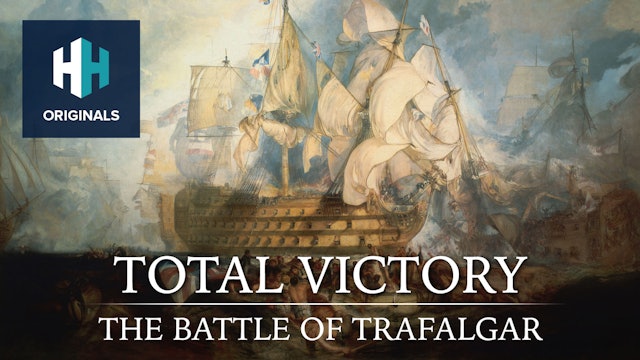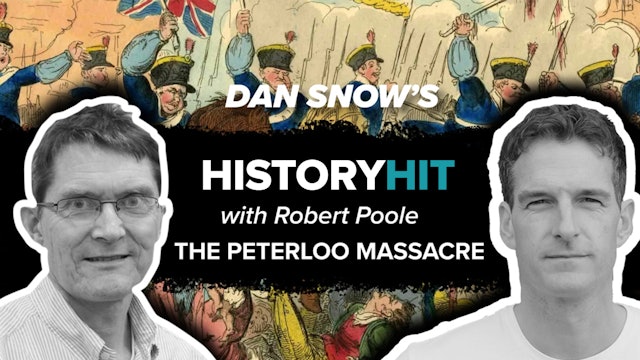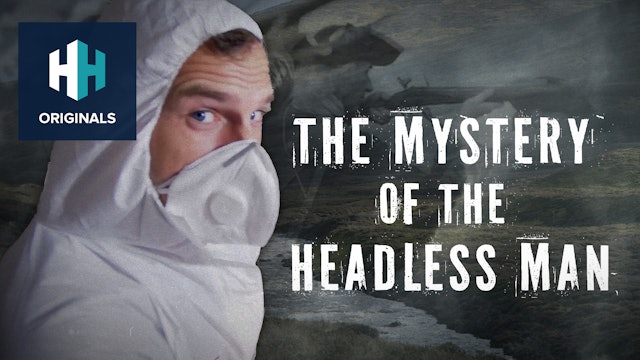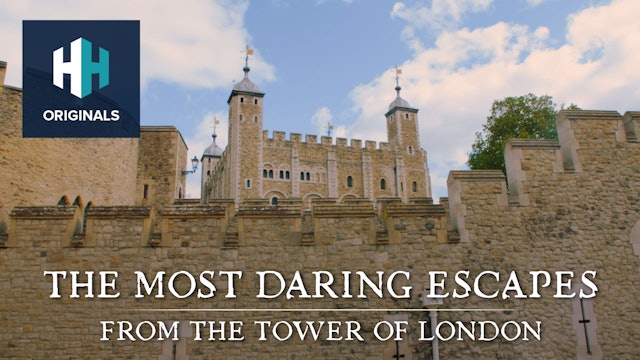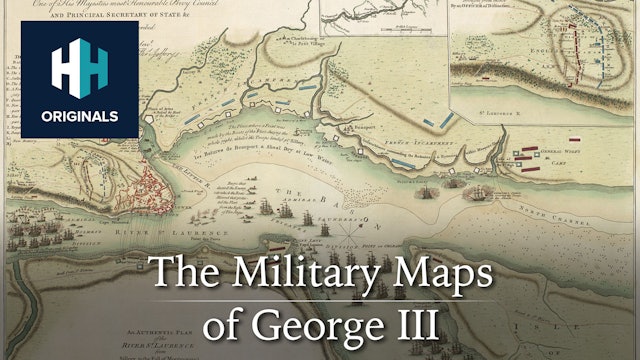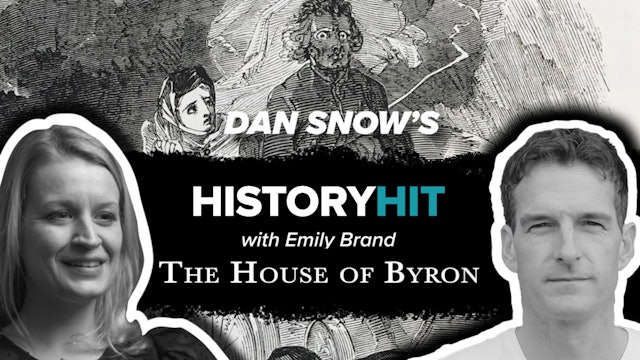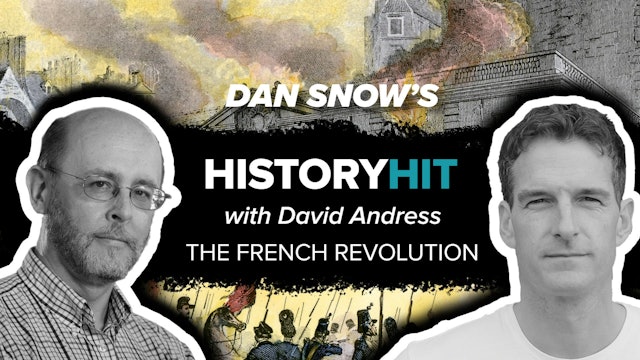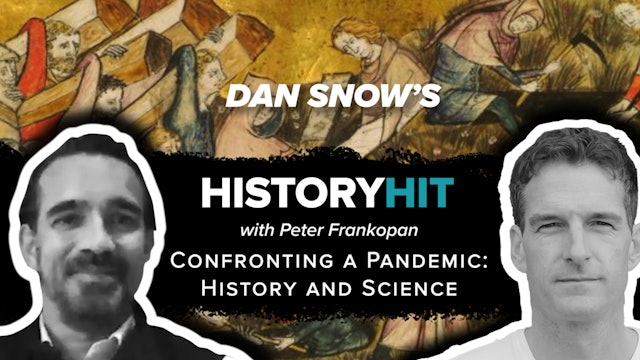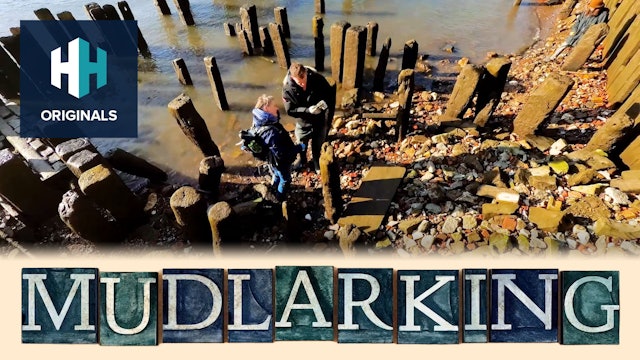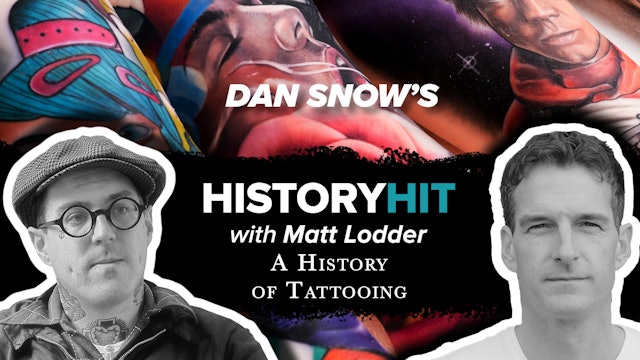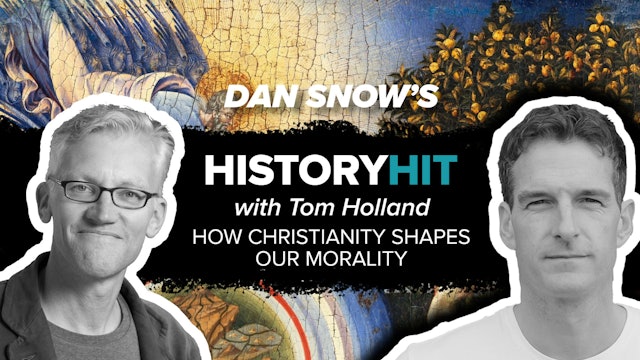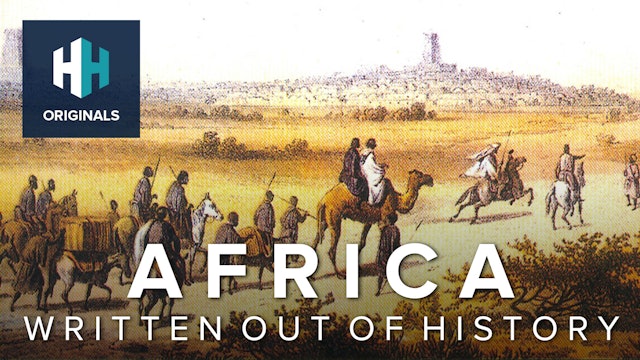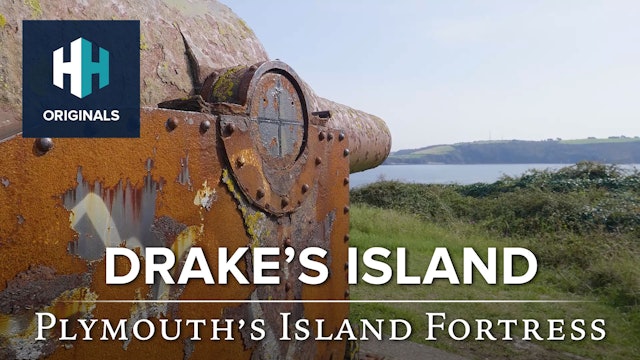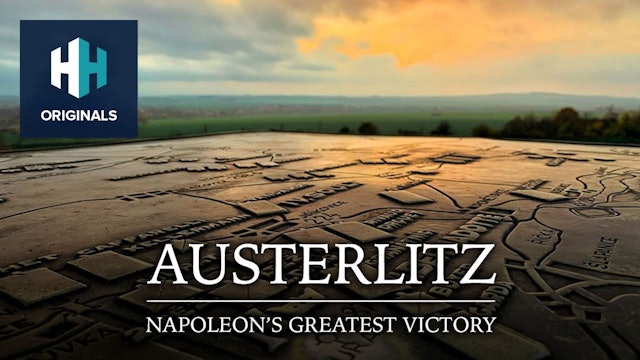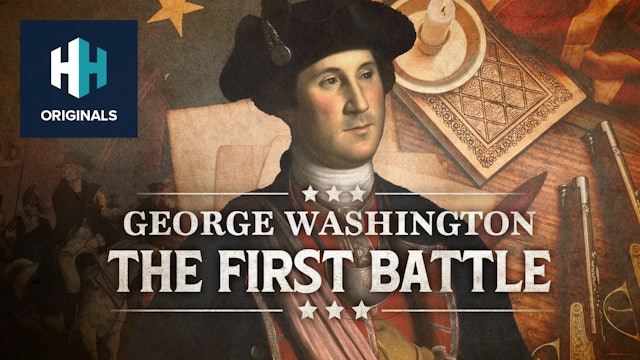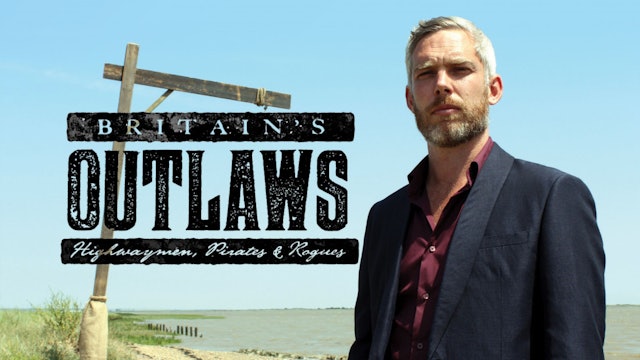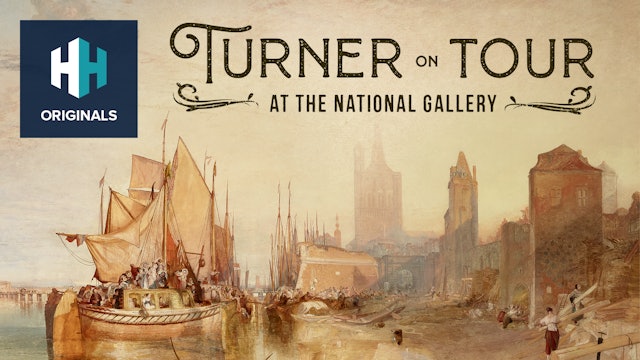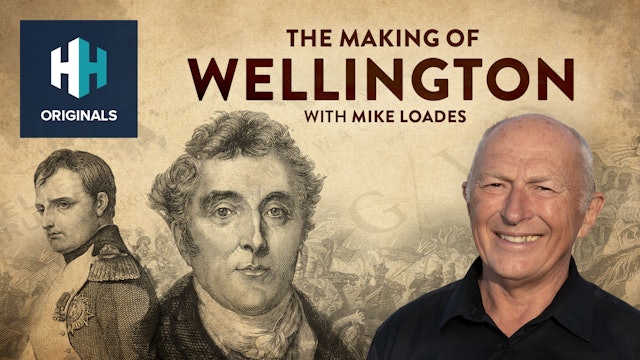Revolutions
From the expeditions of Captain Cook to the famous battles of the Napoleonic Wars, enjoy our large range of documentaries, interviews with historians such as David Olusoga and podcasts on this fascinating period in history. The period between the 18th and mid-19th Century saw a complete transformation of Western Culture. The Age of Revolution saw long-established monarchies, religious institutions, social systems and hierarchies challenged from below and a philosophical search for human improvement. Ideas of equality, liberty and religious tolerance traversed Europe, creating social upheaval, revolution and change. It was also a period of intense domestic and global conflict. Born out of increased globalisation was a brutal, transatlantic slave trade and the rise of imperialism.
-
Vampires with Richard Sugg
Richard Sugg, author of a new book on real vampires, talks Dan through the weird world of supernatural bloodsuckers. Myths of Vampires have their roots in the condition of sleep paralysis and popular Enlightenment literature while being distinct to certain countries and cultures.
-
Total Victory: The Battle of Trafalgar
Victory was total. An enemy fleet obliterated. The course of a great war determined. A hero struck down and a legend born. In October 1805 the British Royal Navy defeated the combined battle fleets of the French and Spanish empires 20 miles northwest of a promontory of rock and sand in southern S...
-
The Peterloo Massacre with Robert Poole
The Peterloo Massacre was a critical moment in the reform movement at the start of the 19th century. Thousands of people gathered at St Peter's Fields near Manchester to protest for an expansion of the franchise. The local magistrates summoned yeomanry to dispel what they saw as a riot, but as th...
-
The Mystery of the Headless Man
This story has everything: war, politics, betrayal, scandal, murder and at its heart a cracking forensic science mystery. This is the story of Simon Fraser, the 11th Lord Lovat of the Highland, also known as the Fox. In the late 1660s, Simon Fraser was born in a house on the banks of a burn in th...
-
The Most Daring Escapes From The Tower of London
For more than 900 years, the Tower of London has occupied its place at the heart of English life. At various times a royal citadel, palace, menagerie, observatory, public records office, mint, arsenal and, even to this day, the home of the crown jewels of England, since 1100 it has famously serve...
-
The Military Maps of George III
Though perhaps better-remembered today for his late-reign madness and the slight issue of losing the Thirteen Colonies, King George III was also one of the world's greatest collectors of military maps. Preserved in excellent condition within Windsor Castle, these highly-detailed maps cover a rang...
-
The House of Byron
Emily Brand has written a brilliant book about the Byrons. Not just the great romantic, poet and adventurer, George Gordon Byron, but his parents and grandparents who are equally as deserving of our attention. Dan loved this opportunity to delve into 18th century British life. There are admirals,...
-
The History of Westminster Abbey
Sir David Cannadine shows Dan around the iconic Westminster Abbey, in the heart of London. With an unrivalled arrange of monuments - ranging from grand royal tombs to the grave of The Unknown Warrior - and spectacular architecture spanning nearly 1,000 years, join the two historians as they explo...
-
The French Revolution with David Andress
The French Revolution was one of complete transformation, the first time in European history that the population of a country rose up with a political agenda. Professor of Modern History David Andress talks Dan through the French Revolution: the causes, the context, its significance and its wide-...
-
Pandemics: Science and History
I was thrilled to be joined by the legendary Peter Frankopan, Professor of Global History at Oxford University and bestselling author of 'The Silk Roads: A New History of the World'. In this podcast we discussed the current crisis in a wider historical context, and Peter gave some fascinating ins...
-
Mudlarking
Dan joins author and mudlark expert Lara Maiklem for a spot of mudlarking.
-
Inside Blenheim Palace
One of the grandest private houses in the world, the site of Blenheim Palace has been host to the murder of a royal mistress, the downfall of a quarrelling Duchess and the birth of Sir Winston Churchill. Dan Snow takes a tour of one of Britain's most famous attractions.
-
Ink: A History of Tattooing
Matt Lodder is the world's leading expert on the history of tattoos. He has found evidence of people using ink or charcoal on their bodies stretching back thousands of years. He explodes myths at every turn. Tattoos were common long before Captain Cook allegedly imported them back from the Pacifi...
-
How Christianity Shapes Our Morality
Tom Holland sits down with Dan to talk about the history of Christianity, and how the religion has shaped morality in Western civilisation to this day.
-
Africa: Written out of History
Historian Luke Pepera looks at how and why the history of Africa was written out of world history. He also explores how and why, as a consequence of this, the history of Africans in Britain was written out of British history.
-
Acting Up: Why The Royal Wedding Puts Women Centre Stage
Historian Rebecca Rideal explores the significance of the wedding of Meghan Markle to Prince Harry by looking at how actresses have furthered the cause of equal rights and elevated the status of women, breaking new ground and subverting expectations, from restoration England right up to the prese...
-
Drake's Island: Plymouth's Island Fortress
For generations, Drake's Island, situated just outside of Plymouth harbour, had been owned by the Ministry of Defence. Recently, however, this island bastion has gone into private ownership. In this documentary Bob King, the gatekeeper of Drake's Island, gives Dan an exclusive tour of this extrem...
-
Austerlitz: Napoleon's Greatest Victory
The night was freezing cold. The hard ground shrouded in mist. By dawn the soldiers were on the move. It was 2 December 1805 and just outside what is now Brno, 3 mighty armies were about to fight one of the greatest battles in history. By the time the sun set, the French Emperor Napoleon Bonapart...
-
Independence or Death: The Haitian Revolution
The Haitian Revolution caused a seismic shift in global politics. When a mixture of different groups on the French colony of Saint Domingue rose against the colonists, few expected the rebellion to succeed. However, under the leadership of figures such as Toussaint L'Ouverture, Henry Christophe a...
-
Mutiny on the Bounty: To the Ends of the Earth and Back
In early 1789, Captain Bligh in the South Pacific suffered a mutiny among his crew on HMS Bounty. Put to sea with a small group of loyal sailors in one of the ship's boats, what followed was one of the epic stories of maritime history. For more than 40 days, Bligh and his men sailed across open P...
-
George Washington: The First Battle
Dan Snow goes to Pittsburgh to explore the extraordinary story of how an over-ambitious young George Washington fought for the British and helped to fire the shots that started the Seven Years War, the world’s first global conflict.
-
Britain's Outlaws: Highwaymen, Pirates and Rogues
1 season
Historian and presenter Dr. Sam Willis explores the world of the British Outlaw - the original anti-heroes in an age of swashbuckle, daring and style.
Few figures in history captured the popular imagination as much as the rogues of yesteryear. The audacious highwayman, the swashbuckling pirate an... -
Turner on Tour
Joseph Mallord William Turner is one of Britain's greatest artists. He was the ‘master of light’ who pioneered radical techniques to interpret the changing world around him.
In this documentary Alice Loxton heads to the National Gallery to examine some of Turner’s most remarkable works, includi...

